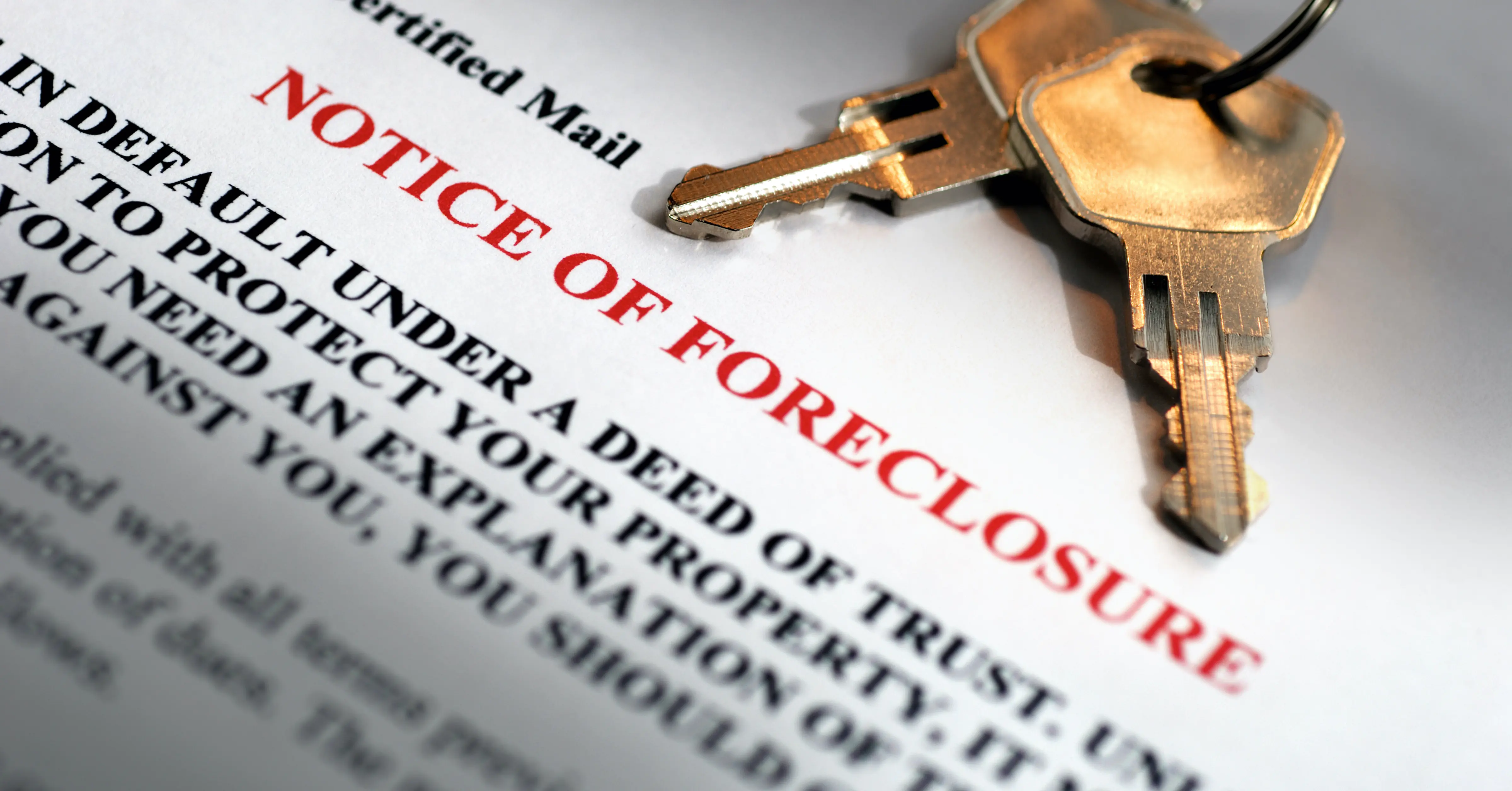Evictions are down and foreclosures are at an all-time low. At first glance, it sounds like we’re in the midst of a booming, seller-friendly economy. Nevertheless, it's time to invest. Why is it a good time for real estate investors to jump into action? One word: moratoriums.
The truth is, the low eviction and record low foreclosure numbers are misleading. A closer look at the data reveals why.
How Eviction and Foreclosure Moratoriums Are Impacting the Data
The moratoriums on foreclosures in many states across the union are making it impossible for lenders to foreclose on delinquent homeowners. As a result, the foreclosure listing numbers are at historic lows — the lowest they’ve been since April 2005. Repossessions are keeping in step: Many states are seeing double-digit decreases when compared to a year ago.
The eviction moratorium, which has been extended through December 31, 2020, is having a similar effect on eviction data. It covers virtually every renter in the country, no matter where they live or what kind of property they call home.
While the eviction moratorium lends a hand to renters, the foreclosure moratorium looks out for landlords. As long as a foreclosure moratorium remains in effect, a defaulting renter doesn't necessarily mean a property owner has to fear foreclosure.
However, the time frames of the eviction and foreclosure bans don't coincide. This actually may be good news for investors, though.
We May See a Surge of Motivated Sellers — Here’s Why
Whether or not the curtains actually close on the eviction moratorium December 31st, many landlords are going to be feeling the pressure as the year comes to a close. While the eviction ban extends nationwide, the details of each foreclosure moratorium depend on state legislation. Not surprisingly, the timing of the respective bans doesn’t align. Massachusetts, for example, is only going to maintain the foreclosure moratorium until 45 days after the COVID-19 state of emergency expires. At the same time, a bill is being considered that would ban evictions through October 2021. This could result in many months of landlords getting insufficient rental income without any foreclosure protection.
As a result, there could be a surge of motivated sellers, particularly landlords, over the rest of 2020 and into 2021. While it’s unfortunate that the COVID-19 protections seem to be favoring renters over landlords, this discrepancy presents a golden opportunity for investors looking for deals.
Moratoriums or Not, Investing Season May Be Starting Now
The good news for landlords is renters still have to pay back rent. The bad news: There’s no guarantee they will. This means all those books that are in the red may stay that way, with or without moratoriums, and the quickest path to getting right-side-up again is to sell. Given the pressures bearing down on homeowners, the right offer — even if it’s lower than what they’d hoped for — may look like a convenient escape from the threat of foreclosure.
COVID-19 is never good news, and it’s important to acknowledge the financial anguish many people all over the world are facing. However, if investors play their cards right, there may be a silver lining in the chance to land some solid deals in the coming months.


